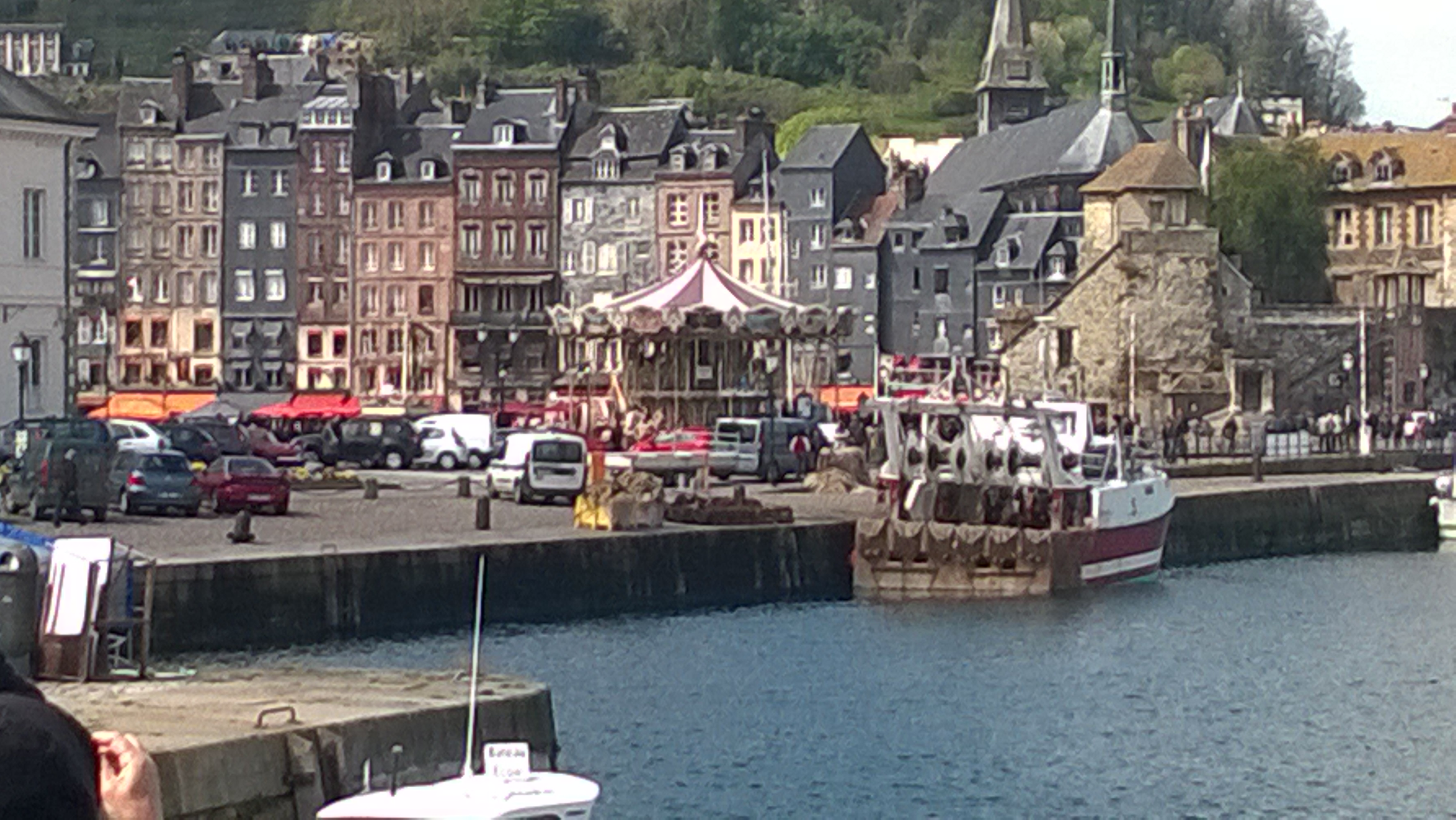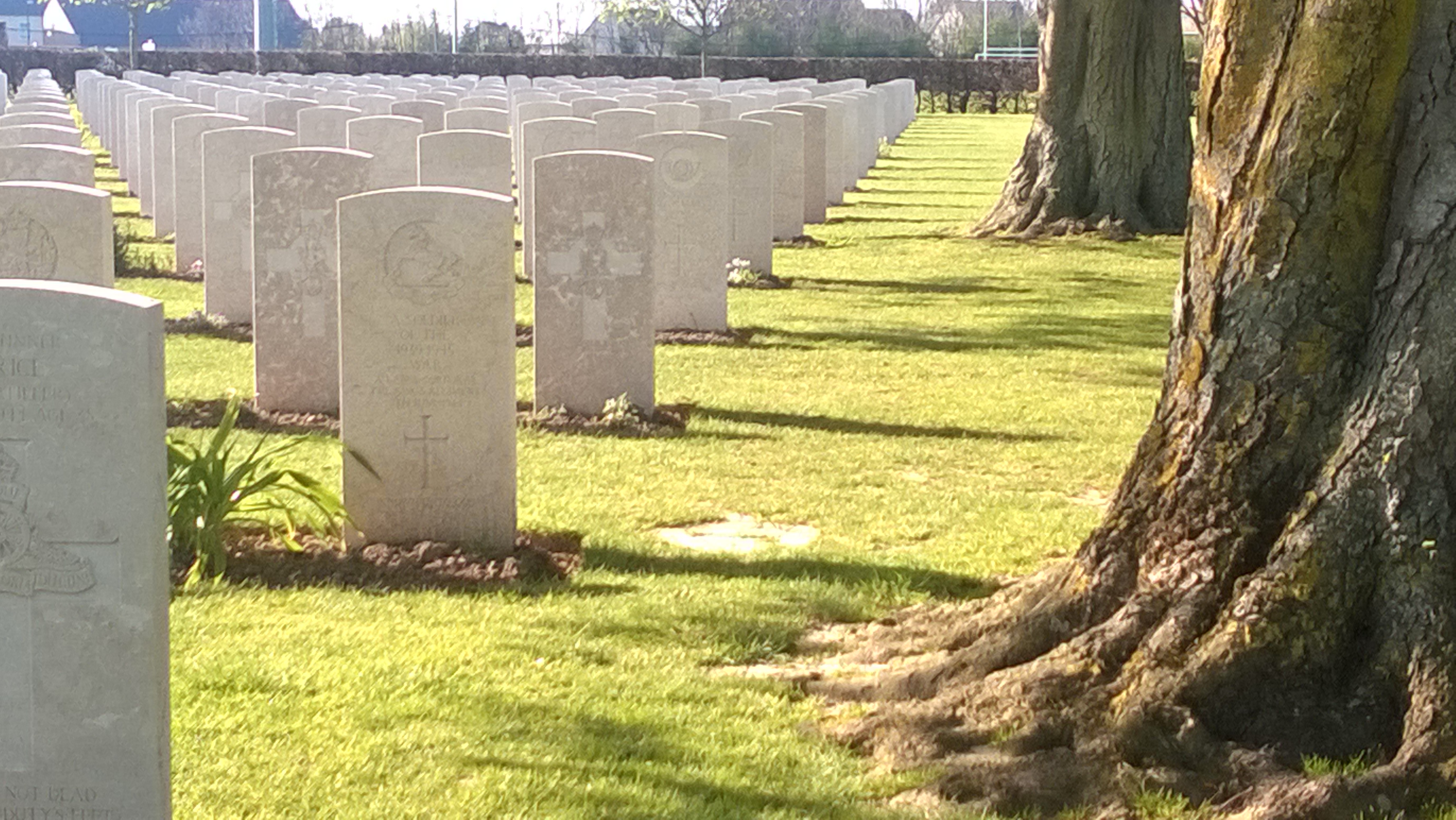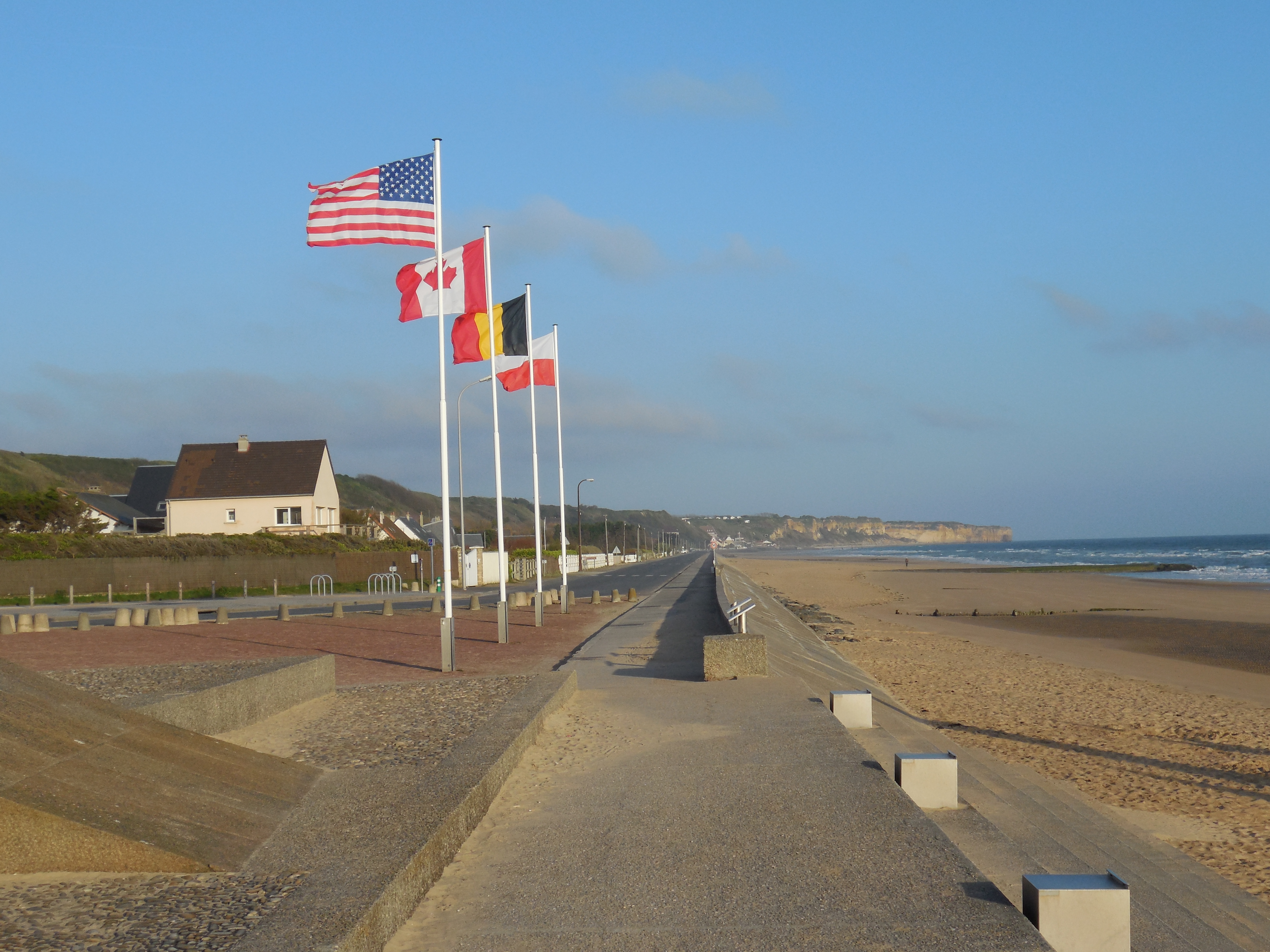When planning a trip to northern France, the region is rich in history and culture and there are at least 20 must see sites in northern France you should visit. However, when you think of northern France, what comes to mind? Hopefully Paris and all the wonders of that great city. If you go to France and all you do is spend your time in Paris, then your trip would have been more than worthwhile. The food, the splendor, the warm and inviting people, not to mention the cultural landmarks, make this a truly awe-inspiring city. But there are so many must see sites in northern France that, if you take the time to explore, you will find yourself marveling at all that this region has to offer.
There is so much history and culture associated with France that people tend to forget the places in France where these truly significant events and cultural landmarks exist. Perhaps the most significant event in history, June 6, 1944, took place on the beaches of Normandy. That is the date when the allies began their massive offensive in Europe known as D Day to tip the scales of war decidedly against Hitler and Nazi Germany. Visiting the beaches and the memorial will forever change your perspective on the war, the gravity associated with the D Day offensive and the ultimate sacrifice so many made on the beaches during those landings in the name of freedom.
You would be remiss if that is all you did within the Normandy region. Claimed by Danish and Norwegian Vikings led by Hrolfr (Rollo) Ragnvaldsson in the 9th century after the collapse of Charlemagne’s empire, the region became a fiefdom under King Charles the Simple in 911 through the treaty of Saint-Clair-sur-Epte in which Rollo legally gained the territory which was named Normandy and he became its first Duke, Robert.
Robert’s decedent, William, also known as William the Conqueror, launched his conquest of England from Normandy in 1066, defeating King Harold Godwinson at the Battle of Hastings and becoming King of England. You can view the Tapestry at Bayeux which memorializes the Battle of Hastings and the ascension of William to King of England.
You can also visit Rouen where Joan of Arc was burned at the stake, Honfleur which was a major trade city between Normandy and England, the medieval island of Mont Saint-Michel, the old pirate city of St. Malo and more. Normandy is rich with historical landmarks that have impacted France as well as the rest of the world.
So, when you set y our sights on France, don’t just think Paris and the French Riviera or the Chateau region of France. Take the time to visit northern France. In the following pages, you’ll see why this area is so significant, charming and breathtaking.
Paris – 20 Must See Sites in Northern France

Called The City of Light, the Paris region was originally occupied by the Celtic tribe, Parisii. The region was conquered by the Romans in 52 BC and the thriving city of Lutetia of Parisii was formed. The name of the city was later shortened to the Latin Parisius or Paris in French. Known for its museums and landmarks, Paris is one of the world’s great cities and one of Europe’s major centers of commerce, finance, fashion, science and art.
Eiffel Tower

Perhaps the most iconic structure in Paris, the Eiffel Tower has thrilled visitors since its erection in 1889. A staircase and elevators lead to observation decks atop the 324-meter-high, wrought-iron tower. It was the tallest building in the world until 1930. There are three levels, two of which feature restaurants.
Louvre

The world’s largest and most-visited art museum, the Louvre houses famous paintings like Leonardo da Vinci’s Mona Lisa and classic sculptures such as the Venus de Milo. About 38,000 works of art, representing thousands of years, are on display. The museum is part of the Louvre Palace, a castle fortress King Philip II built more than 900 years ago.
Notre-Dame

A stunning Gothic-style cathedral, dating to the Middle Ages, this building incorporates gargoyles and flying buttresses in its design. The church has multiple chapels, a pair of imposing towers, and magnificent doors with artistic carvings and biblical king figures.
Versailles

A sprawling, ostentatiously lavish landmark, this former royal hunting lodge showcases French furnishings and works of art by many of the country’s masters. The palace’s Hall of Mirrors contains 17 arches with 357 mirrors, and the grounds feature lush gardens. There is also a museum commemorating the history of France.
Rouen – 20 Must See Sites in Northern France

Even though Rouen is the capital of the region of Normandy and is one of the most important cities in medieval Europe, it is best known as the place where Joan of Arc was burned at the stake and buried. However, that would diminish its historical significance. It was the Exchequer of Normandy during the middle ages and was the capital of the Anglo-Norman dynasties that ruled both and large parts of modern France during the 11th to 15th centuries.
Church of St. Joan of Arc

In the city center of Rouen is the Church of Saint Joan of Arc. Erected in 1979, the unique structure, which represents and upturned Viking boat, houses the place where Saint Joan of Arc was burned at the stake and buried.
Rouen Cathedral

Despite the Church of Saint Joan of Arc, the most impressive attraction in Rouen is Rouen Cathedral. The tallest cathedral in France and forever memorialized by Claude Monet in a series of paintings, Rouen Cathedral first structure was build in 396, enlarged by Saint Ouen in 650, destroyed by Viking raids in the 9th century and rebuilt in the 10th century. The current cathedral is one of the best examples of Late (Flamboyant) Gothic architecture in existence.
Church of Saint-Maclou

There are a few Gothic style churches in Rouen but one of the more distinct ones is the Church of Saint-Maclou. Construction on the church began in 1436 and was completed in 1521. Like Rouen Cathedral, the Church of Saint-Maclou is another stunning example of Flamboyant Gothic design.
Honfleur – 20 Must See Sites in Northern France

Located along the estuary of the Seine, Honfleur is known for its picturesque port which was a major transit point for goods between Rouen and England in the middle ages. Honfleur is still a functioning port today.
Saint Catherine’s Church

The first nave of the church was built in the 15th century right after the Hundred Years War. The church is dedicated to Saint Catherine of Alexandria and is noted for its unique architecture. Created by the “Axe masters” of the naval yard, the building was constructed without any saws using naval techniques, so the interior appears to look like and upside-down ship’s hull.

Lieutenance d’Honfleur

The port of Honfleur was an important trade stop in France and there were fortifications built around the port to protect it. The Lieutenance is one of the last standing buildings of those fortifications. It is called the Lietenance because it was the home of the lieutenant of the King in the 17th century.
Bayeux – 20 Must See Sites in Northern France

Best known for its World War II museums and cemeteries, Bayeux’s origins go back to the first century and is home to the Bayeux tapestry, which chronicles the Norman conquest of England by William the Conqueror.
Bayeux Cathedral

Also known as Cathedral of Our Lady of Bayeux, the Roman Catholic church was consecrated in 1077 and is where William the Conqueror forced Earl Harold Godwinson, who would later become King of England, to an oath of fealty, which he later broke, leading to the conquest of England.
Bayeux Tapestry

The tapestry is said to have been made by Reine Mathilde, the wife of William the Conqueror, a few years after the conclusion of the Battle of Hastings in the 11th century. It consists of 50 scenes on embroidered cloth that is approximately 230 feet (70 meters) in length.
Bayeux War Cemetery

Although in Bayeux, the cemetery grounds were assigned to the United Kingdom in perpetuity by France. It includes the largest British cemetery in France memorializing those soldiers killed during World War II in the invasion of Normandy. There are 3,935 British and 466 German soldiers buried at the cemetery.

Omaha Beach – 20 Must See Sites in Northern France

June 6, 1944, D-Day for the invasion of Normandy by Allied forces to take back German-occupied France and begin the offensive in Europe against Hitler. Omaha Beach was the code name for one of five sectors for the Normandy landings that day. Taking Omaha was the responsibility of the United States. After two assault waves, the U.S. forces were finally able to take the day. However, the cost was great, with the US 1st and 29th divisions suffering more than 2,000 casualties that day. Some historians peg that number closer to 5,000. Most of these casualties were within the 1st assault wave. Although there are no accurate records of German losses, most experts believe between 4,000 to 9,000 were killed that day.

American Cemetery, Omaha Beach

The cemetery and memorial honor those Americans who gave their lives in Europe during World War II. Located just east of the original cemetery that was established on a bluff overlooking Omaha Beach on June 8, 1944. Like the Bayeux War Cemetery, France has granted the United States in perpetuity the land upon which the cemetery and memorial are located. There are 9,387 American soldiers buried at the cemetery.

Arromanches – 20 Must See Sites in Northern France

A visit to the Normandy beaches wouldn’t be complete without going to Arromanches and a visit to the D-Day Museum. Immediately after D-Day, Arromanches was the site a Mulberry harbor, an artificial port made of blockships and 146 concrete caissons. The Mulberry harbor allowed for the landing of over 9,000 tons of material per day.

Saint Malo – 20 Must See Sites in Northern France

Dating back to the first century, Saint Malo is a French port in Brittany on the Channel coast and is best known as the home of the French corsairs or pirates. The corsairs were authorized to conduct raids on ships from countries at war with France. The walled port city features several sites which commemorate its history.
Fort National

Located on a tidal island just outside the walled city of Saint Malo, the fort was originally called Fort Royal. It served several functions, including being a lighthouse as well as a place for public executions.
Fort du Petit Be

Petit Be is the tidal island upon which the fort sits. If you visit during low tide, you can walk out to the island and fort. The fort was built in 1667 and contained 15 guns located along its horseshoe-shaped battery.
Saint-Malo Cathedral

A national monument of France, Saint-Malo Cathedral is a Roman Catholic church dedicated to Saint Vincent of Saragossa and was built between 1146 and 1163. The Cathedral has been restored after suffering damage during World War II.
Mont Saint-Michel – 20 Must See Sites in Northern France

Mont Saint-Michel dominates the landscape as you enter the flat land of Normandy’s northwestern coast. Located on a tidal island at the mouth of the Couesnon River near Avranches, Mont Saint-Michel is home of the monastery of Saint Michel (Saint Michael). The monastery was established in the 8th century and is a notable example of a feudal city with the Abbey and monastery at the top with stores at the bottom, all within fortified walls.
A UNESCO World Heritage Site, the Month has been used for several things during its history, including acting as a garrison during the Hundred Year’s War and a prison during the reign of King Louis XI.
Mont Saint-Michel Abbey

Located at the top of Mont Saint-Michel is its Abbey. Built in the 11th century, the Abbey is Romanesque in design and a wonder of engineering. Due to its sheer weight, several underground crypts and chapels had to constructed, forming the basis for the structure we see today.
Originally published on Sizzlepixs.com.




